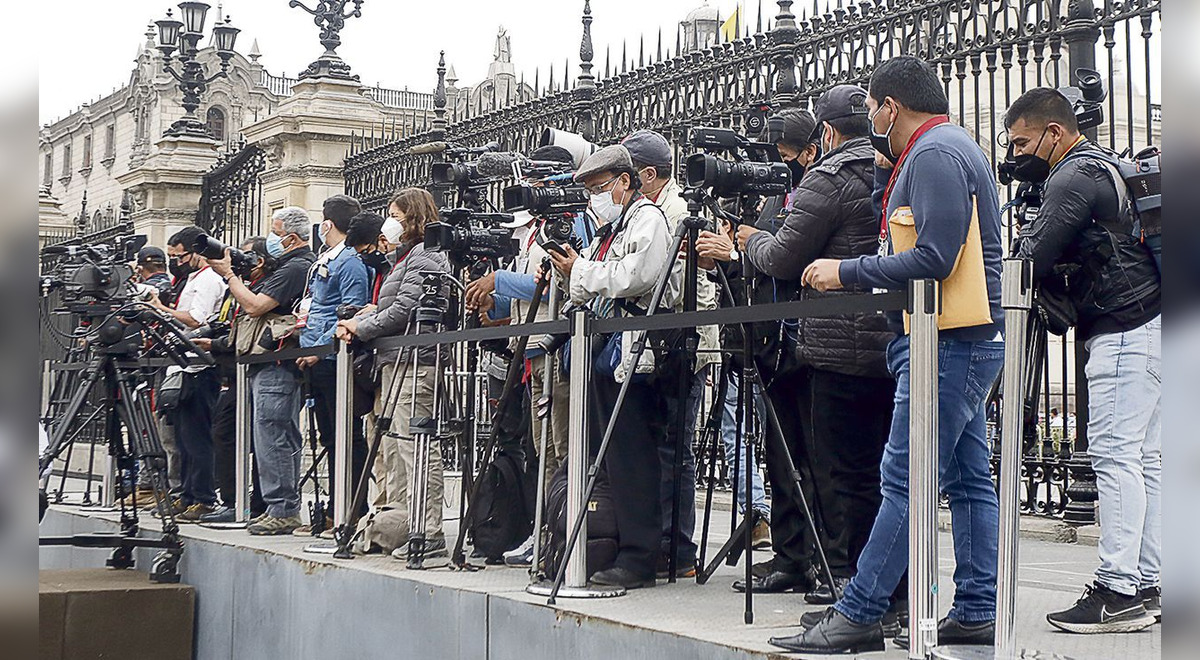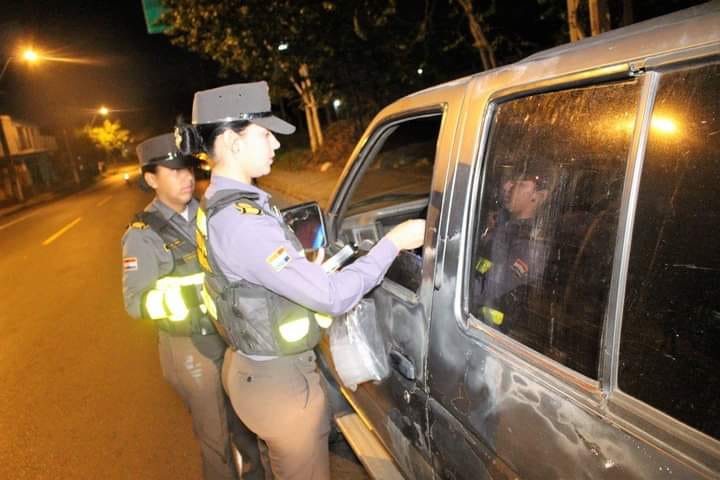Noelia Herreracongressman of the caucus of popular renewalintroduced a bill proposing that only qualified and collegiate journalists can practice the profession in the country. The initiative No. 4177/2022-CR was presented on February 6 and is currently in the Education Commission – which is chaired by Galdys Echaiz— to be discussed.
“Create an environment that favors the professionalization of the media with the participation of journalists and qualified communicators, and facilitate incorporation into their respective professional associations and allow self-control of ethics in the development of their work“, reads the Herrera Medina project.
In this line, the proposal proposes to modify article 3 of the Law 26937which contemplates the free exercise of journalistic activity, adding a second paragraph: “The professional title is required when the function of journalist or social communicator is carried out in a media outlet regulated by the administrative authority.“.
It also specifies that the media that are “regulated by the Ministry of Transport and Communications will inform this (entity) progressively and within a period of not less than five years the application of the standard“.
“The control and compliance with this norm and the respective regulation will be the responsibility of the Ministry of Transport and Communications and the National Civil Service Authority (Servir), with respect to their respective powers; bodies that must regulate infractions and sanctions in case of non-compliance, creating the respective regulations“, they detail.
IPYS “remains on alert” about the PL
Recently, the Press and Society Institute (IPYS) ruled on the initiative of the legislator of Popular Renewal. In this regard, the institution indicated that “they remain alert to this case, ensuring that these bills do not violate press freedom.”
IPYS legal advisor, Roberto Pereirastated that it is a PL “frontally contrary to the free exercise of journalism defined by the Inter-American Court of Human Rights from the Advisory Opinion OC 5-85.”
Likewise, it indicated that, “if this regulation is approved, it places the State in flagrante situation of contravention of said treaty, making it incur in international responsibility”.


















